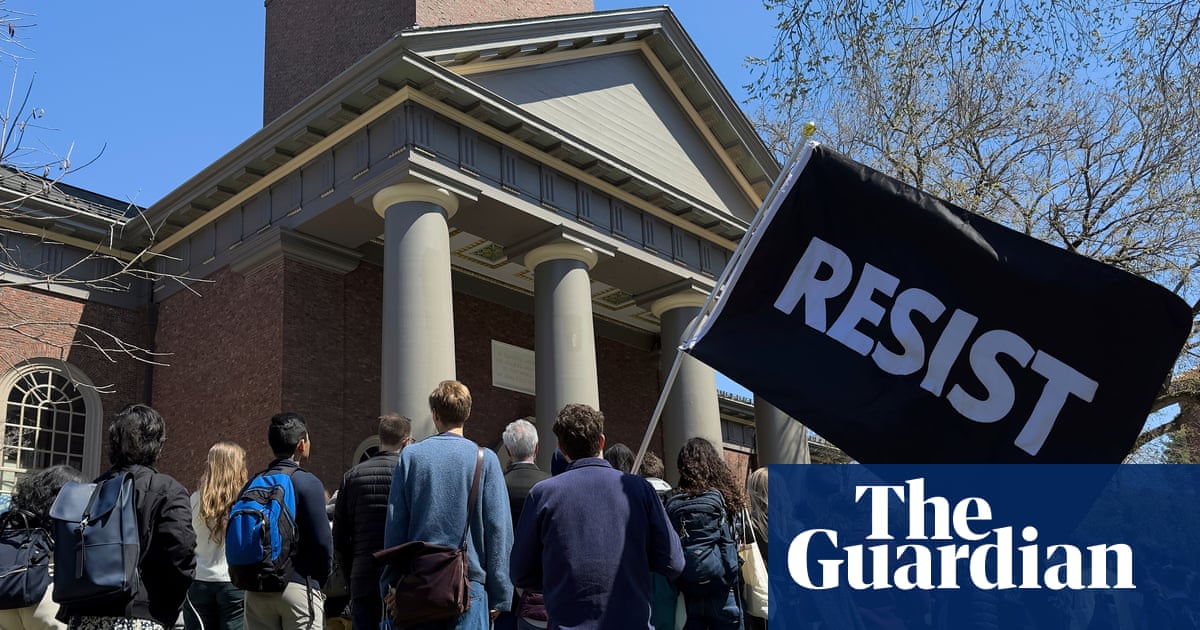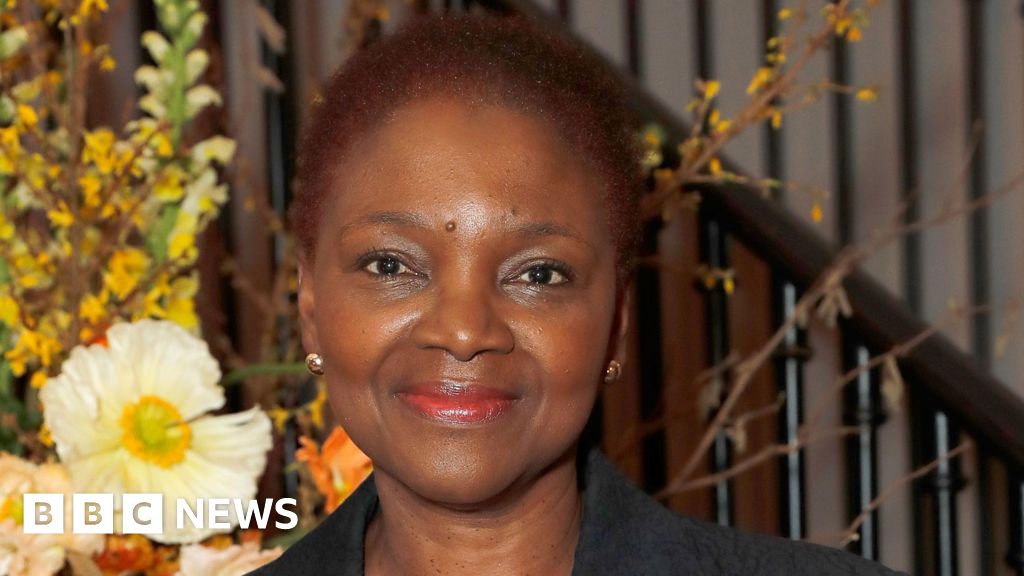In May, Donald Trump took to the stage at a business conference in Saudi Arabia’s capital, promising that the US would no longer chastise other governments over human rights issues or lecture them on “how to live and how to govern your own affairs”.
With the release this week of the US government’s annual report on human rights worldwide, the president has – in part – followed though on that pledge.
The report – compiled by the state department – softens its criticism of nations that have sought closer ties with the US president, while alleging “significant” human rights breaches among traditional allies across Europe, all while vastly scaling back criticism of discrimination against minority groups.
Hungary and El Salvador receive softer treatment
The report’s claims of “no credible” human rights abuses in Hungary and El Salvador sit at odds with the state department’s own report from a year earlier, which described the situation in Hungary as “deteriorating”, while highlighting “arbitrary killings”, “enforced disappearance” and “torture” in El Salvador.
In April, a delegation of EU lawmakers warned that the rule of law in Hungary is “rapidly going in the wrong direction” under Viktor Orbán’s government. They highlighted threats to press freedom and targeting of minorities. In June a law banning content about LGBTQ+ people from schools and TV was found to violate basic human rights and freedom of expression by a scholar at the European court of justice.
Meanwhile, activists and opposition leaders in El Salvador have warned the country is on the path towards dictatorship after its congress scrapped presidential term limits, paving the way for President Nayib Bukele to seek indefinite re-election. Bukele’s hardline approach to crime has been accompanied by an assault on civil society and democratic institutions.
Orbán and Bukele have both positioned themselves as Trump adherents – with El Salvador opening up a notorious mega-prison to detain US deportees. Orbán, who came to power in 2010, was once described as “Trump before Trump” by the US president’s former adviser Steve Bannon.
European countries singled out
France, Germany and the United Kingdom are among the European countries singled out as having seen a worsening human rights situation. The picture is a far cry from the previous report, which saw no significant changes.
Criticism over the handling of free speech – in particular relating to regulations on online hate speech – was directed at the governments of the UK, Germany and France.
The criticism comes despite the US itself moving aggressively to deny or strip visas of foreign nationals over their statements and social media postings, especially student activists who have criticised Israel.
Since being returning to power, Trump and his administration have stepped up criticism of traditional allies – in February the vice-president, JD Vance, accused European leaders of suppressing free speech, failing to halt illegal migration and running in fear from voters’ true beliefs.
The report also singles out Brazil, where Trump has decried the prosecution of former president Jair Bolsonaro. Brazil, the report says, has “undermined democratic debate by restricting access to online content deemed to ‘undermine democracy.’”
Israel-Gaza war
The report’s section on Israel and the Palestinian territories is much shorter than last year’s edition and contains no mention of the severe humanitarian crisis or death toll in Gaza. It acknowledges cases of arbitrary arrests and killings by Israel but says authorities took “credible steps” to identify those responsible.
More than 61,000 people have been killed in Gaza, the Gaza health ministry says, as a result of Israel’s military assault after an attack by Palestinian militant group Hamas in October 2023 in which 1,200 people were killed.
Notable omissions
Sections within the report highlighting discrimination have been vastly pared back. Any criticism focused on LGBTQI rights, gender-based violence or racial and ethnic violence which appeared in Biden administration editions of the report, appear to have been largely removed.
A group of former state department officials called some omissions “shocking,” particularly highlighting the lack of detail on Uganda, which in 2023 saw the passing of some of the harshest anti-LGBTQ+ laws in the world, including the death penalty for some homosexual acts.
The backlash
For decades, the report has been used as a blueprint of reference for global rights advocacy – but critics have labelled this year’s edition politically driven.
“The report demonstrates what happens when political agendas take priority over the facts,” says Josh Paul, a former state department official, adding “the outcome is a much-abbreviated product that is more reflective of a Soviet propaganda.”
In April, secretary of state Marco Rubio wrote an opinion piece saying the bureau that prepares the report had become a platform for “left-wing activists,” and vowed that the Trump administration would reorient it to focus on “western values”.
State department spokesperson Tammy Bruce said the report was restructured to improve readability and was no longer an expansive list of “politically biased demands and assertions”.
Democratic party lawmakers, however, have accused Trump and Rubio of treating human rights only as a “cudgel” against adversaries, in a statement released this week.
Rubio’s state department has “shamelessly turned a once-credible tool of US foreign policy mandated by Congress into yet another instrument to advance Maga political grievances and culture war obsessions,” said Gregory Meeks, the top Democrat on the House Foreign Affairs Committee.
With Reuters

 German (DE)
German (DE)  English (US)
English (US)  Spanish (ES)
Spanish (ES)  French (FR)
French (FR)  Hindi (IN)
Hindi (IN)  Italian (IT)
Italian (IT)  Russian (RU)
Russian (RU)  3 hours ago
3 hours ago
























Comments